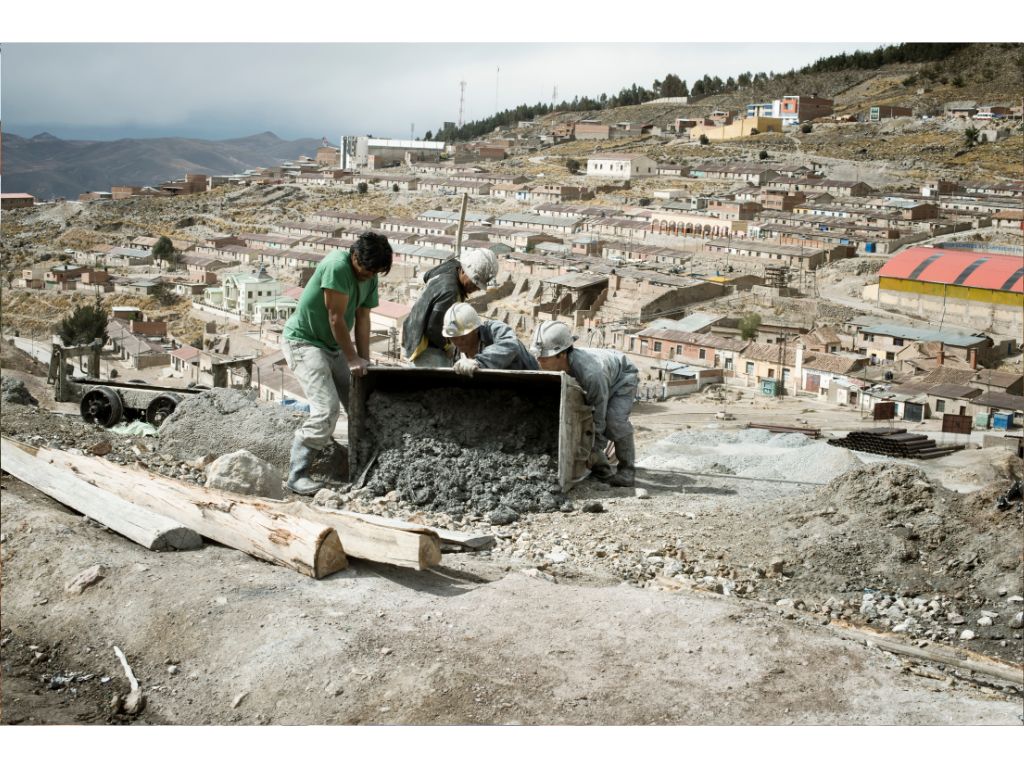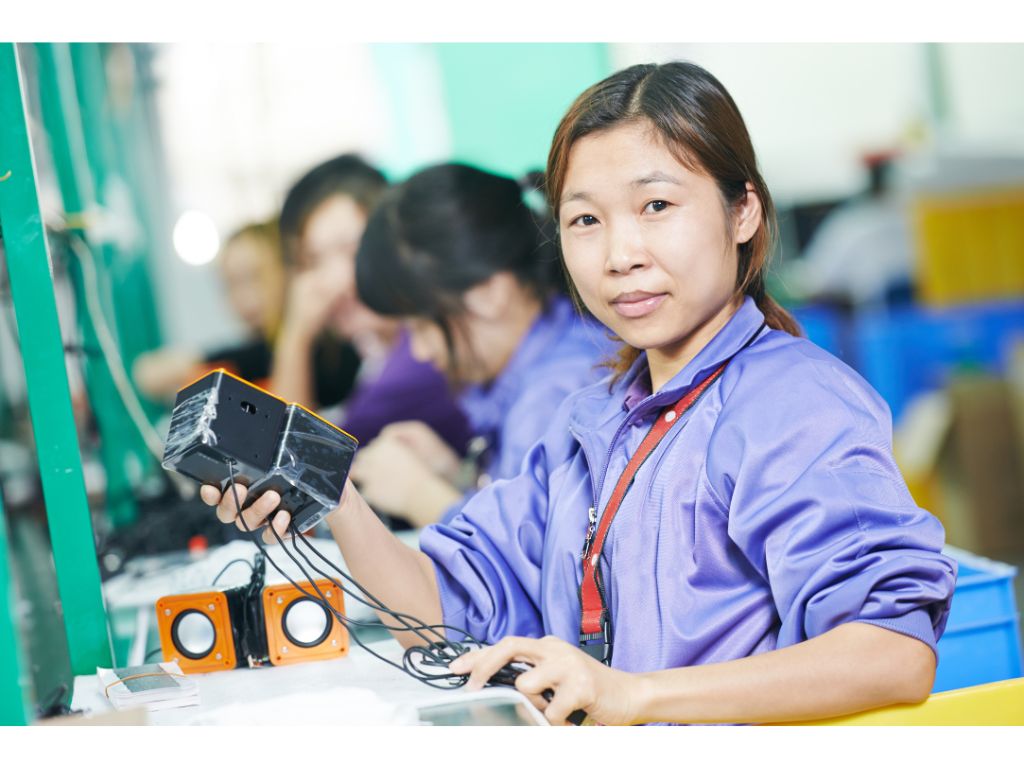The new EU supply chain law with its strengths and weaknesses

Last week, the negotiators from the EU Parliament, Council Presidency and Commission (in the so-called "trilogue") agreed on a compromise for the Due Diligence Directive (also known as the "EU Supply Chain Act") in Strasbourg. This law is intended to oblige large companies and high-risk corporations to comply with human rights and environmental protection in their value chains and make it easier for affected people around the world to access European courts.
What has been agreed?
The new "Corporate Sustainability Due Diligence Directive" (CSDDD) will mean that large companies will have to implement human rights and environmental due diligence obligations along their value chain. This means that in future, companies will be liable for child labor, exploitation and environmental pollution during production. This also applies to business partners and, in some cases, to downstream activities such as sales and recycling. Unlike the existing German Supply Chain Act, it also provides for civil liability, penalties and claims for damages in the event of non-compliance. This means that those affected can sue for compensation and companies must therefore take responsibility.
They, trade unions and civil society organizations have five years to file a lawsuit. In addition, the procedural costs for plaintiffs are to be limited, which will make it easier to go to court.

Introduction of a climate plan
Article 15 of the new directive stipulates the creation of a climate plan. This must bring the company into line with the 1.5 degree target and prescribes targets for reducing emissions in 5-year steps by 2050. However, strong monitoring authorities are needed to ensure that this climate plan does not contribute to greenwashing, but that states actually demand plans from companies and monitor their implementation. Environmental protection organizations see it as problematic that civil liability does not cover the weak climate protection measures.
"Until now, sustainable companies have been at a competitive disadvantage - the Supply Chain Act is intended to change that. It is now up to implementation to determine how effective these climate plans will actually be. We call on the Austrian government to take the side of a climate-friendly future and ensure strong national control authorities," demands Anna Leitner, expert for resources and supply chains at GLOBAL 2000.

Who does the new law apply to?
This is to apply to companies with more than 500 employees and a turnover of at least 150 million euros. Companies from non-EU countries will be held responsible if they generate a turnover of more than 300 million euros in the EU.
In the textile, agricultural and food industries - which are grouped together as risk sectors - companies with 250 or more employees are also to be included.
Small and medium-sized enterprises (SMEs) are excluded and there are also far-reaching exceptions for the financial sector - it is initially to be excluded from the Supply Chain Act, but it should still be possible to make adjustments here.
Schedule
The agreement must now be approved by the EU Parliament and the member states, but this is considered a mere formality. A finalized directive can be expected in March 2024. Unless otherwise agreed, the directive must be transposed into national law in Austria (and all other EU member states) within two years.
The reactions to this varied
Milestone
"The compromise reached is a milestone, but the fight for a world without exploitation is far from over. The lack of real climate commitments and far-reaching exemptions for the financial sector jeopardize the effectiveness of the EU supply chain law," says Bettina Rosenberger, coordinator of the civil society campaign Human Rights Need Laws! "Nevertheless, it will lead to binding corporate responsibility in Austria for the first time in the course of implementation."
Important step despite loopholes
Despite the remaining loopholes, the EU Supply Chain Act is an important step against exploitation and for fair, humane working conditions worldwide. Whether it's child labor in chocolate supply chains or forced labor in the electronics industry, large companies will no longer be able to talk their suppliers out of it. More importantly, victims will finally have the right to compensation," says Stefan Grasgruber-Kerl, supply chain expert at Südwind

Disappointing result
"Instead of actually preventing further climate destruction, the Paris Climate Agreement has been removed from the annex. There is no link to civil liability," criticizes Anna Leitner, an expert on resources and supply chains at Global 2000. However, the mandatory climate plan for larger companies is a glimmer of hope.
A ray of hope for workers
"Last night's political agreement on an EU supply chain law between the European Council and Parliament is a ray of hope for millions of workers around the world whose human rights are violated every day along the value chains of internationally operating companies. The law will also put a stop to environmental pollution caused by large companies in the future," says Lukas Wank, Managing Director of the Global Responsibility Working Group, welcoming the outcome of the negotiations that have now come to an end.
Criticism from business circles
The Supply Chain Act "threatens the competitiveness, security of supply and diversification of the European economy, as companies could withdraw from important third countries due to legally uncertain provisions and the resulting threat of sanctions and liability risks", criticized Tanja Gönner, Managing Director of the Federation of German Industries (BDI).






